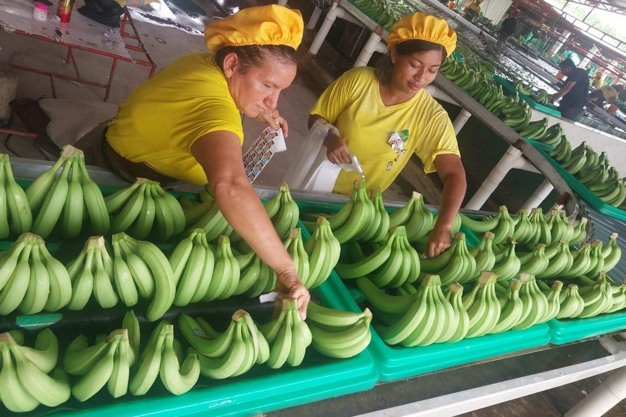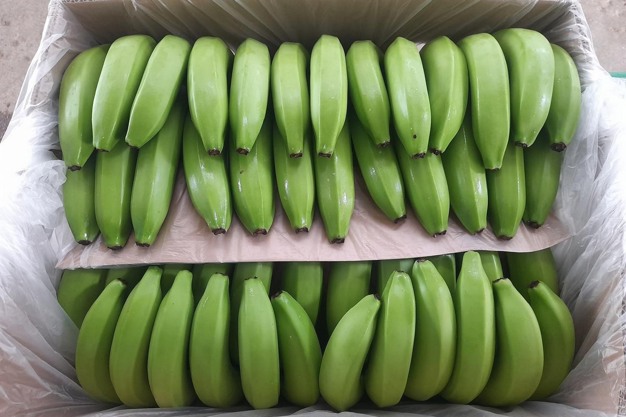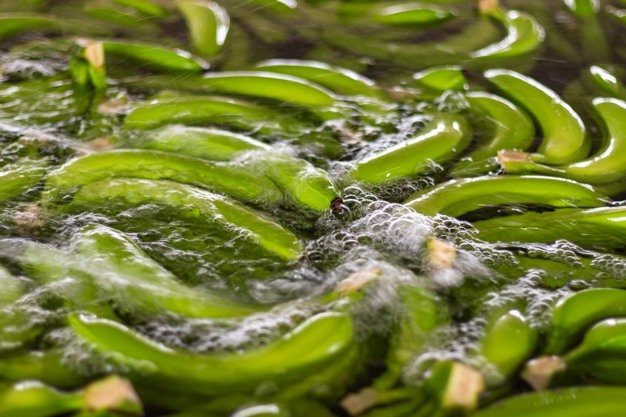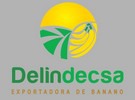Grupo Monobanda is a conglomerate made up of eight companies, two of which are directly involved in banana production and exports: Delindecsa, responsible for marketing, and Monobal, in charge of agricultural production. With more than 3,000 hectares of banana plantations, the group is one of the largest producers in the country, exporting between 96,000 and 110,000 boxes per week, equivalent to almost 100 containers per week.


However, Jacques Almeida Rivas, commercial manager of Delindecsa, says that unstable weather conditions have taken a toll on the production on several occasions. Low temperatures and heavy rains have caused export volumes to fall by up to 25%, with only 75 containers being shipped in some weeks. "When it rains a lot, the fruit does not reach the right size to be exported, which directly affects shipments," says the commercial manager.
Despite these challenges, the group has maintained rigorous control over its farms, divided into 22 units, to guarantee the quality of the production. Preventive pest management, for example, against the bacteria known as moko, has been key to keeping the crops healthy.

The Free Trade Agreement with Asia has opened up new opportunities for Ecuadorian banana exporters. "The Asian market, especially Korea and Japan, is very demanding when it comes to packaging, logistics and cultivation practices," says Almeida. Currently, around 25% to 30% of Delindecsa's production goes to these countries, with a significant increase in purchases from Korea, whose demand has increased by 85%.
The Chinese market has also started opening up, and negotiations are expected to lead to full access in less than a year; however, exporting to China presents its own challenges, as farms must be registered and approved by the Chinese government to be allowed to ship their products. Of Delindecsa's 22 farms, 18 are already authorized to export to the Asian giant.

"Ecuador is increasingly taking part in fairs such as Asia Fruit Logistica 2024, and that's allowing us to continue learning about the demands of the Asian market and to position ourselves better," says Almeida.

Regarding logistics, transit times have increased due to the use of new ports, such as Lázaro Cárdenas in Mexico. This has extended shipping times to Chinese ports such as Dalian and Shanghai to almost 40 days. However, the Delindecsa team remains optimistic about the opportunities these markets present for the company's growth.
For more information:
Delindecsa
Ecuador
Jacques Almeida Rivas
Tel.: +593 96 787 4758
[email protected]
www.delindecsa.com










